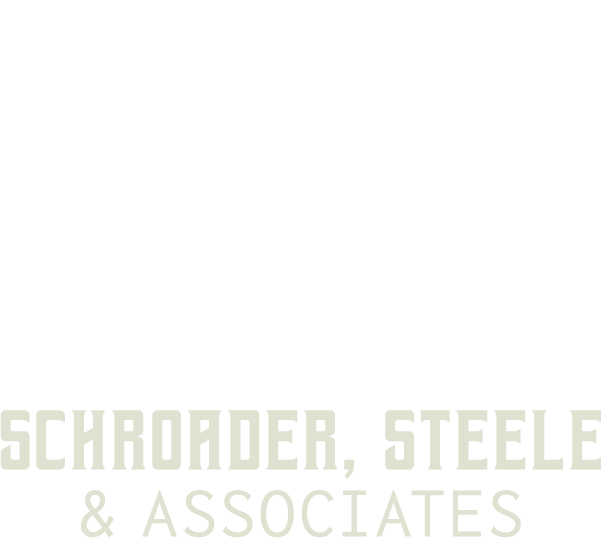If you were traveling down a Washington road when another vehicle hit you, the next days, weeks, months (or longer) of your life may be stressful. The force of impact, even if you were wearing a proper seat restraint and your air bag deployed, can cause severe damage to your body and your vehicle. One of the most common types of brain injury that people suffer in motor vehicle accidents is concussion, and many people underestimate the long-term damage that is often associated with this injury.
Mild means non-life-threatening
If a doctor diagnosed you with a “mild” concussion following a motor vehicle collision, it simply means that your condition upon examination was not life-threatening. It does not mean that your injury is not serious. All brain injuries are serious issues.
When another vehicle hit you, your brain may have suddenly and violently jolted, even if only for a second. You may also have hit your head upon a hard surface inside the vehicle. Even a mild concussion can cause chronic adverse health effects that may impede your quality of life.
Have you experienced these symptoms?
The following list includes numerous symptoms that are often associated with traumatic brain injuries, especially concussions:
- Impaired memory
- Cognitive delay/learning difficulties
- Trouble focusing or concentrating
- Decrease in problem-solving skills
After having psychological and neurological tests, your doctor can determine the level of impairment your concussion has caused and recommend an appropriate course of treatment.
It is not always possible to fully recover from a traumatic brain injury
Lifestyle adjustments to help recover from a concussion typically involve spending time in a quiet room, perhaps, wearing sunglasses, even indoors and avoiding any and all tasks that require mental focus and concentration. However, even if you adhere to your doctor’s recommendations, you may continue to experience headaches or other adverse effects of your brain injury for the rest of your life.
Who pays the medical bills when driver negligence was the causal factor?
If you suffered a traumatic brain injury because another driver ran a red light, failed to stop at a stop sign, didn’t yield a right-of-way or was otherwise negligent or reckless, you can seek restitution for damages. This often includes a financial award in court, which you can then use to offset medical expenses, replace lost wages from work or resolve other financial distress associated with the incident that resulted in your injuries.

